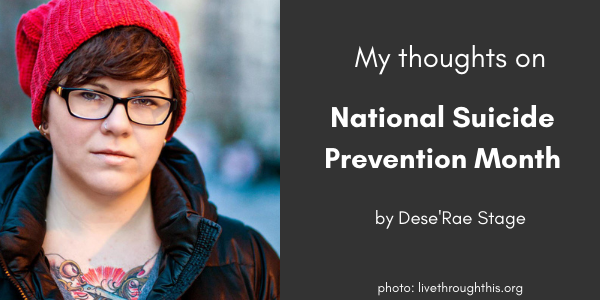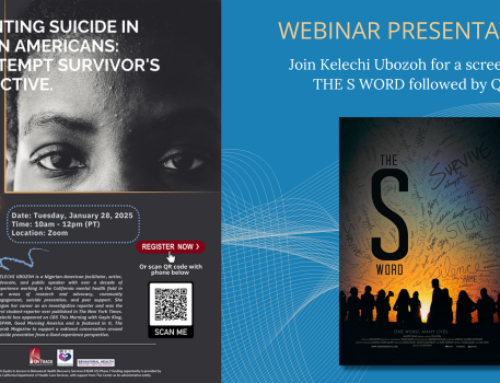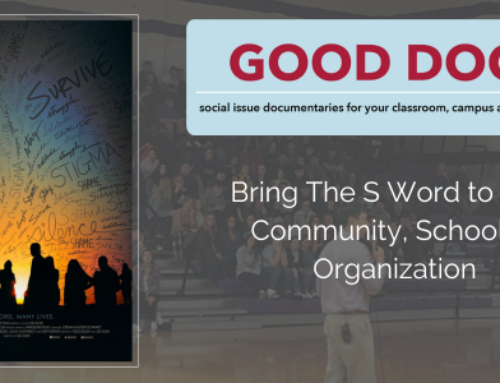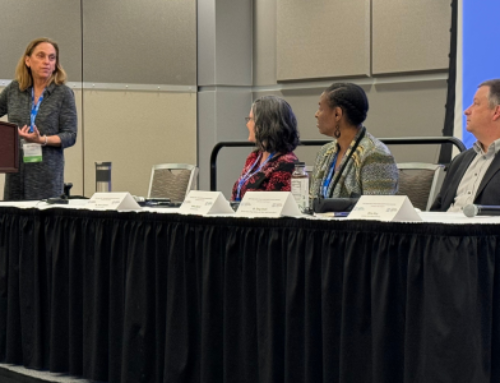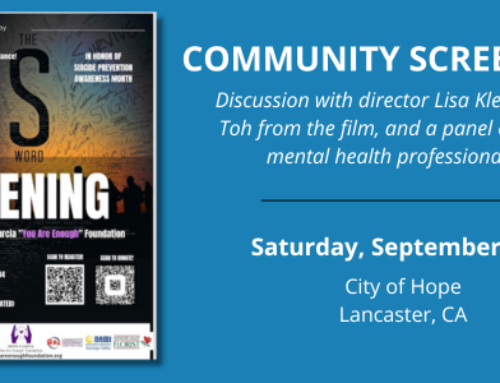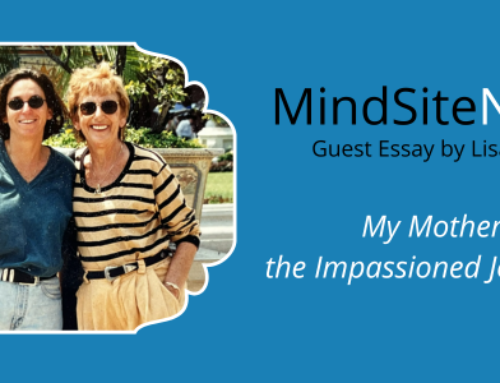From Director Lisa Klein: September is National Suicide Prevention Month, which creates more awareness within the general public, a good thing. But I have long held the belief that it’s equally important to keep this momentum going throughout the other 11 months of the year. When I read this blog by Des I asked to share it, as her thoughts genuinely reflect my feelings on the subject:
I always feel so pressured to participate in Suicide Prevention Month when I don’t particularly want to and don’t, at this point, see much value in it.
The reality is that all the same messaging goes out over and over and over, from every possible suicide or mental health adjacent org. A lot of our messaging is regurgitated; puts the onus of finding support on people in crisis (as if the crisis itself doesn’t already take up 100% of a person’s bandwidth); and it’s often in direct conflict with itself.
As an example: we tell people over 48k Americans die by suicide annually. It’s the 10th leading cause of death overall, and 2nd for youth aged 15-24. These stats imply that it’s deeply important and that it happens often. In the very next breath, we will tell you that it’s a “rare event” and not to normalize it. We might follow that up by telling you that every other person in the room you’re in has been affected in some way. It’s incredibly frustrating. If we follow the public health trajectory of cancer, we know that normalizing it as A Thing That Happens to People & A Word That Is Okay to Say was helpful: for coping, support, policy, funding.
But here we are. Regurgitating and contradicting ourselves over and over, and wondering why it’s difficult to get people onboard.
And everyone who does this work? We’re all so burnt out by the end of September that we need a month off (which we obviously can’t have). And we’re all sad and frustrated, because after 9/30, it’s business as usual for the rest of the year. And we’re sad and frustrated anyway! Because the funding isn’t there; because the resources aren’t there; because people are forced into treatment that traumatizes them when they need safety; because true, life-saving support is fucking hard to come by.
There are so many faults with this work and this field and the politics around it, but I’d bet lots of goldfish crackers that most of us come to it with great love and passion. I know I do, which makes it hard for me to watch this cycle over and over and not say anything. I try to change messaging and perspectives about suicide every day of my life, so I don’t feel compelled to run on this particular hamster wheel. But I sure do feel pressured, given that some folks view me as a leader in the field.
So: talk about suicide this month (and all months), but find some new way to add your voice to the same ol’ mess.
Tell your story if you can (esp if you’re a mental health professional/academic/researcher—let’s clear out all the gross prejudice in the field). Tell it to a stranger, to your boss, to your journal, to your friends, to Twitter, to Facebook, to your pillow. Get it out of you however best suits you. There’s power in the telling.
Donate to people with lived experience: do they do work you love (hi, a plug: livethroughthis.org)? Are they struggling with bills? Maybe thank them for being in your life with dinner or a nice gift. Mentor them. Do their dishes.
LISTEN to people with lived experience when we talk. Put yourselves in our shoes. What would it take to make you want to end your life? Work on your empathy. Make yourself safe to come to in crisis. Learn about what happens when someone pushes the panic button and the cops get called or someone goes to the ER.
Learn about mental health and involuntary commitment laws. Learn about how all of the above affect civil liberties. Learn about how you can advocate for someone who has been involuntarily committed and who has few supports. Understand that all of this affects Black, Brown, Indigenous, people of color, and LGBTQ+ folks differently than it would a person who presents as straight and white.
Consider how YOU might support Black, Brown, Indigenous, people of color, LGBTQ+ folks, and disabled folks, and how that might look different from how you might support someone who presents as straight and white.
Do you know any trans* folks? Use their preferred names and pronouns. Donate to their legal name change/gender marker change funds. Donate to surgery funds. Throw them parties for these big life events. Celebrate them. Love them.
I’m just spitballing here, which is what I’m hoping to inspire y’all to do. Like I said, Suicide Prevention Month leaves me like 🤬🤬🤬.
Do you know someone looking for a therapist? Trying to navigate an insurance system, TANF/SNAP, or trying to establish disability? Are you good at navigating these systems? Offer your time and expertise.
Do you know someone in the middle of a breakup? Support them. Listen, even if you’re over it. Grab them dinner and drop it off. Validate that pain, no matter how old they are (yes, I’m talking about how we invalidate these teenage experience). And oh god! Be a safe adult for these kids. I had so few safe adults in my life when I was a teenager. Kids deserve our love and care and guidance, even if they’re not our own.
Look, suicide prevention is ALL of these things. It’s both subtle and explicit. Suicide and mental health diagnoses often intersect, but they are not one and the same.
Suicide prevention is so much more. It’s supporting people who need help—with food, money, therapy, legal fees, bail. It’s validating their feelings, letting it be about them, using their pronouns, ACCEPTING THEM. Suicide prevention is having food, housing, a living wage (and hey, maybe even some extra cash for fun things), healthcare. Suicide prevention is acknowledging structural oppression and white supremacy, and it’s DOING SOMETHING ABOUT CHANGING THAT. Suicide prevention is fighting for disability rights, for civil rights, for reproductive rights, for voting rights.
Suicide prevention is literally taking care of one another. It’s community, it’s collective care, it’s mutual support. I believe that, if we all had the support we needed, suicide wouldn’t be a problem.

